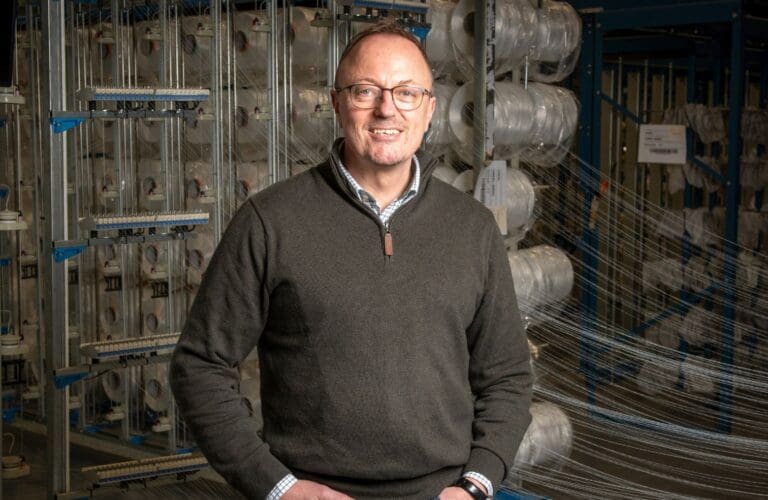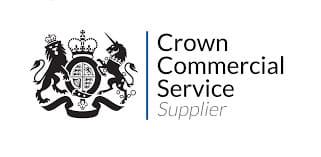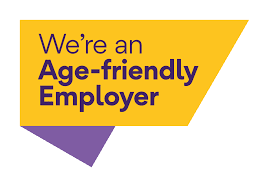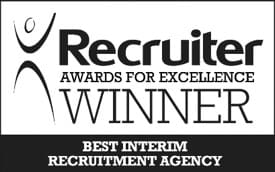#InterimsInAction: Steve Gill on Driving Change and Delivering Impact
What attracted you to the interim role at Arville, especially considering it’s a smaller organisation and quite a distance from home?
I’ve spent most of my career in large corporates, so I was at a point where I wanted to step back and explore something different. Arville’s size and setup were a change, but not completely unfamiliar, so I understood the environment. The fact it’s a third-generation business, going through a period of change and growth, made it really interesting. There was a clear challenge, especially around unlocking potential where there seemed to be a glass ceiling. But what really stood out was the people. After meeting the team, I came away thinking, “These are genuinely dedicated people doing great work”. It felt like the kind of place where I could really make a difference.
How did your experience with Russam help you find the right fit for this role, and what stood out about the support they provided?
Jason at Russam was brilliant, very easy to talk to, really down-to-earth. I’d spoken to a few recruiters, but Jason just got it. He looked at my leadership background, understood where I wanted to go, and rather than pigeonhole me, he suggested having a chat. We explored a few CEO roles together, but when Arville came up, it was clear there was more to it. He saw the strategic angle , not just the job title. It made a real difference having someone on the same page.
You’re still in the role, but looking back, what are you most proud of achieving during your time at Arville?
I couldn’t pick one thing, but if I had to highlight something, it would be successfully reengaging clients they’d been trying to land for quite some time. That, and helping restructure and refocus team . It’s easy to lose momentum, but we pulled together around a plan, and it’s starting to really take off. People are motivated again, we’ve built belief in what we’re doing. The original plan was ambitious, but now it’s actually happening. We’re seeing real traction and that’s exciting.
How did you and the CEO of Arville define what “success” would look like for your interim assignment?
We sat down early on and agreed on a clear plan including proper milestones, not just broad goals. We wanted to be able to measure success beyond just numbers. It was about structure, processes, and laying the groundwork for future growth. We tracked things regularly, kept each other accountable, and stuck to the plan. Having that structure, supported by clear, ongoing communication made a real difference in the impact we could deliver.
What challenges did you face in the early weeks, and how did you build strong relationships within the team?
Coming in as a consultant, especially from outside, you have to tread carefully. You can’t just show up with a big stick, it doesn’t work like that. I spent time explaining why I was there, what I was aiming to do, and how it would help everyone. It’s about communication, being open, and making sure people feel part of the journey. You have to deal with any concerns or rumours head-on and help people see the value in what you’re trying to achieve.
In your view, what makes a successful interim manager, and how has Arville reinforced your leadership approach?
I think the key to being a good interim is understanding the bigger picture. You can’t just stick to your remit you have to look at how everything connects and where you can add value. Sometimes that means stepping beyond what you were brought in to do. You also need to be aware that change can feel disruptive, so sensitivity is important. Interim roles aren’t just about fixing problems, they’re about moving the whole business forward.
What advice would you give to someone considering interim management as a career path?
Go for it. Interim gives you the chance to work on all kinds of challenges, it keeps things interesting and builds your skills fast. You’re not tied down to one type of role or industry, so your portfolio naturally grows. It suits people who enjoy variety and want to make a real impact quickly. It’s also more rewarding in many ways because the goals are clear, the timelines are tight, and you see results fast.
Is now a good time to be an interim, and what trends are you seeing in the market, such as fractional roles?
The last year or so has been tough, the political and economic situation made a lot of organisations cautious. But that’s starting to shift. More businesses are realising that bringing in an interim is often safer and more cost-effective than hiring full-time too soon. That kind of flexibility works really well for companies and consultants alike. Confidence is definitely returning, and people are seeing the value in interim support again.
Read the Arville Case Study
Read the #GreatHires Steve Gill

Contact us
Call us on 07930 356305 or email HQ@russam.co.uk








